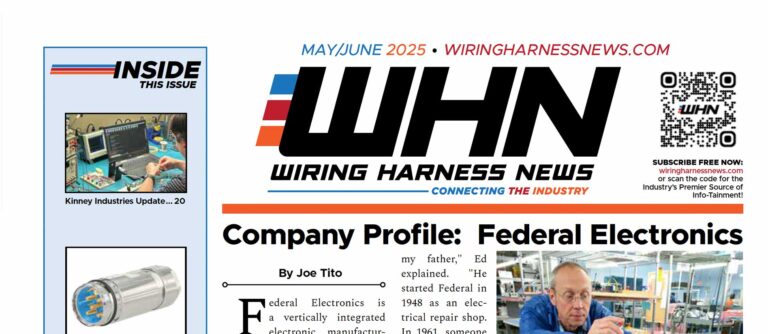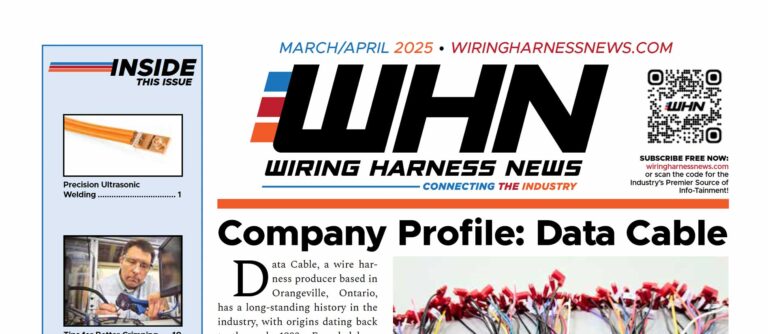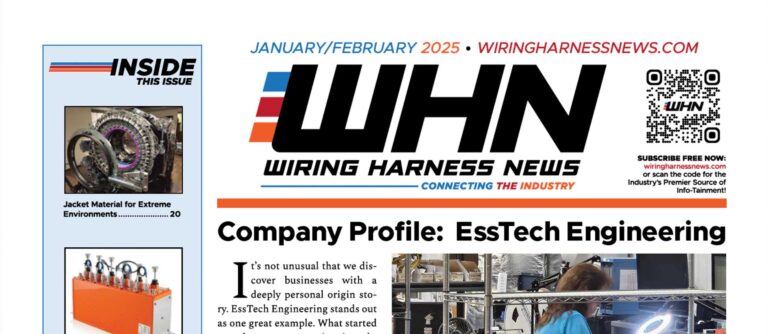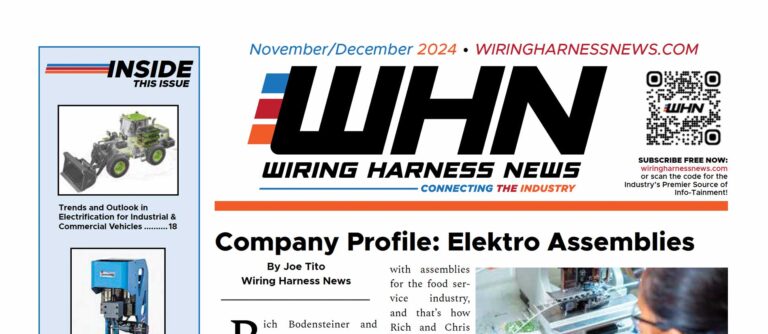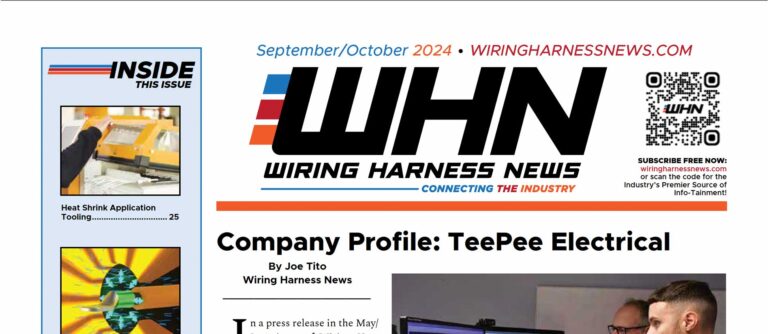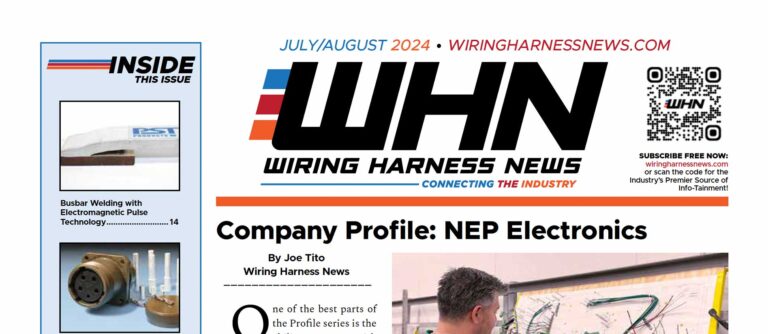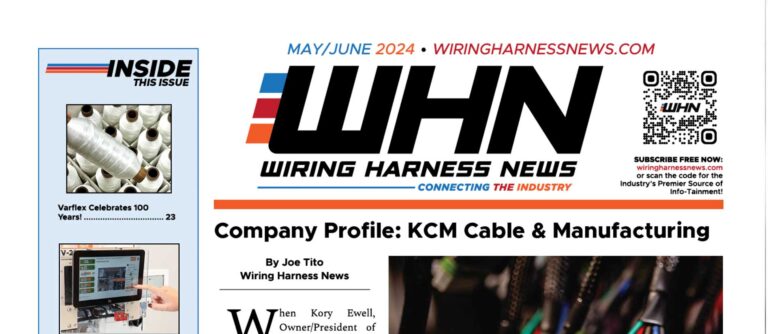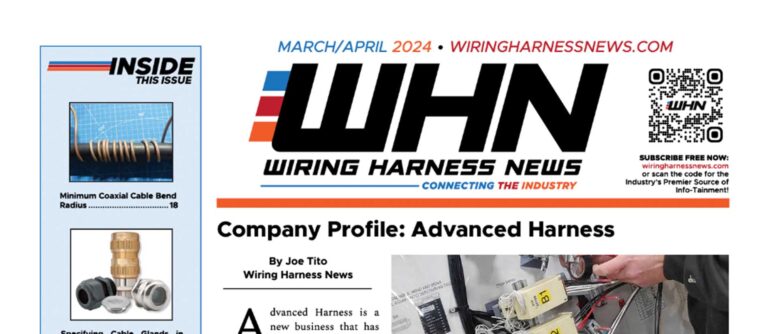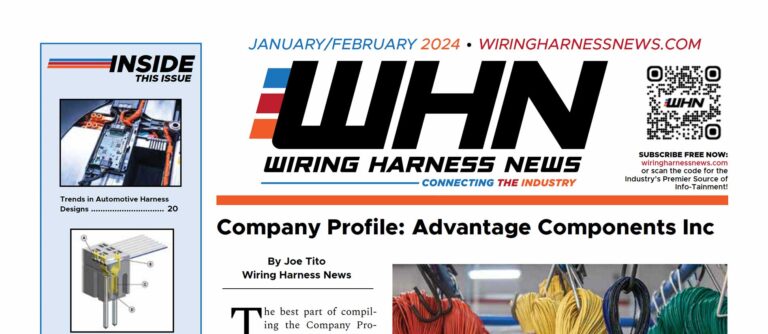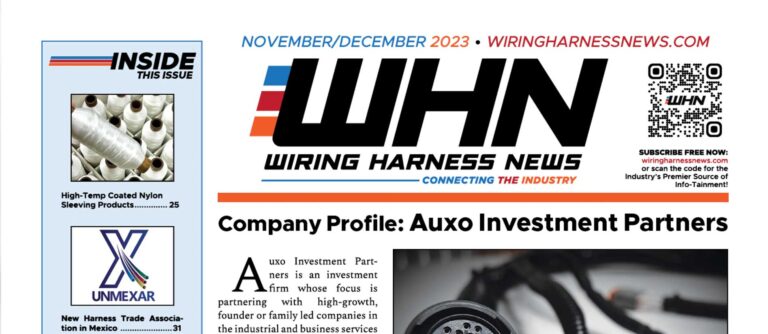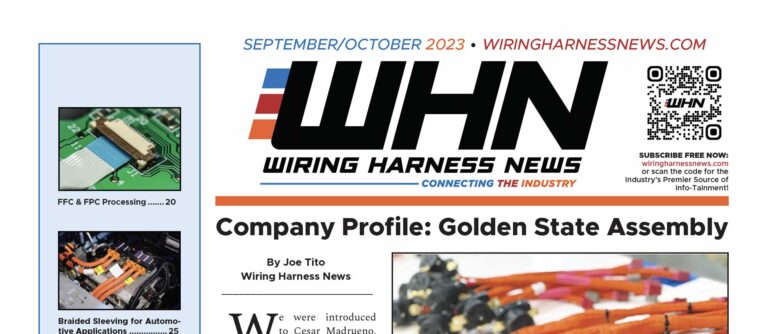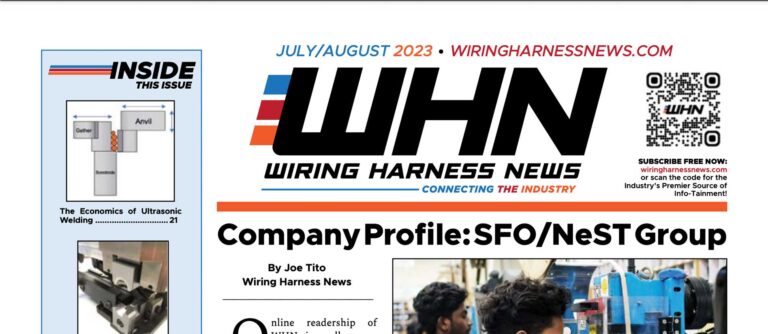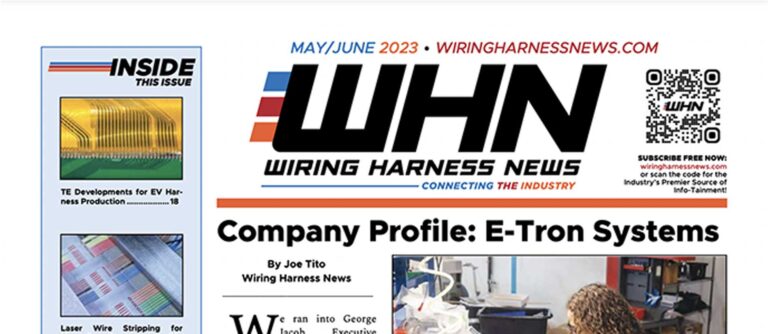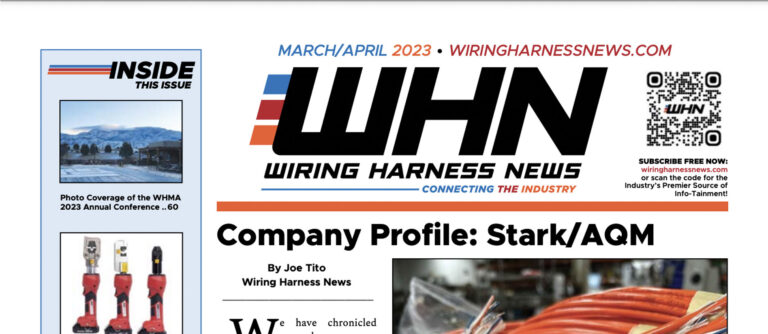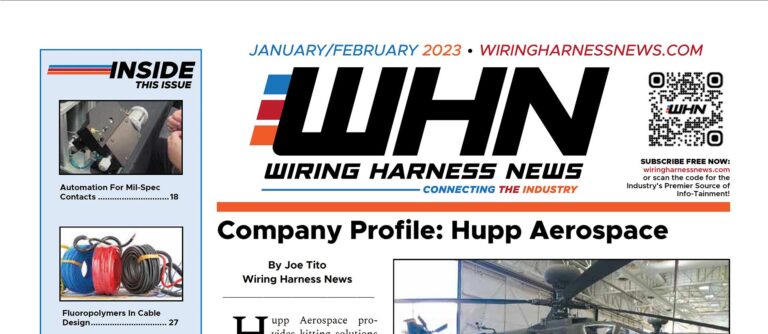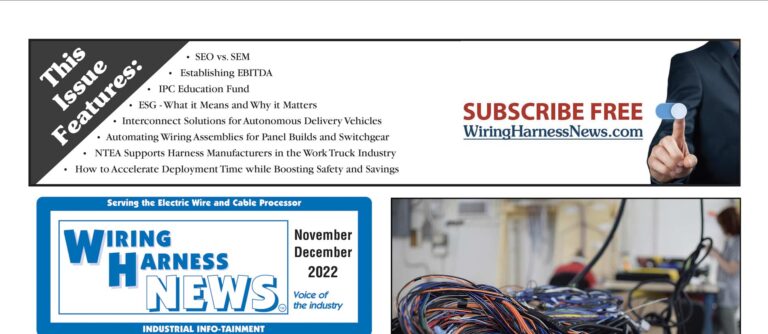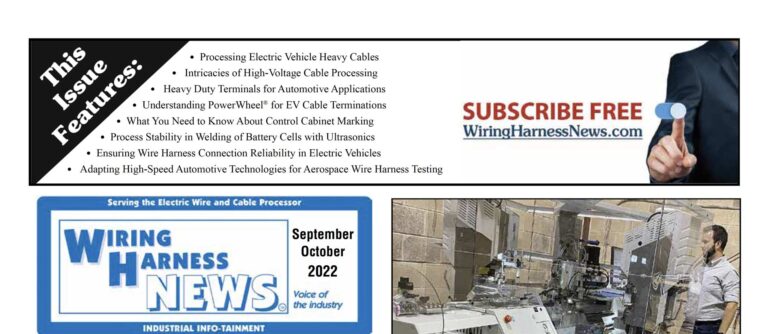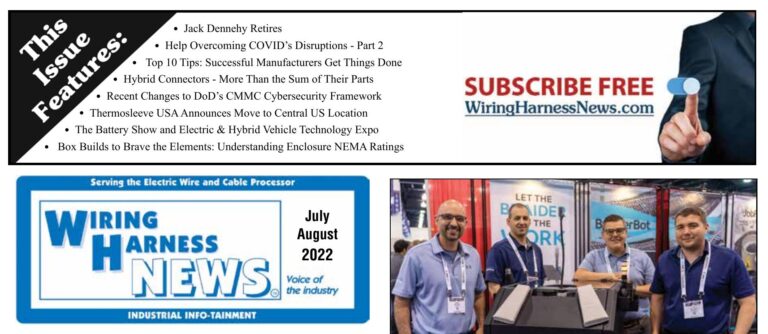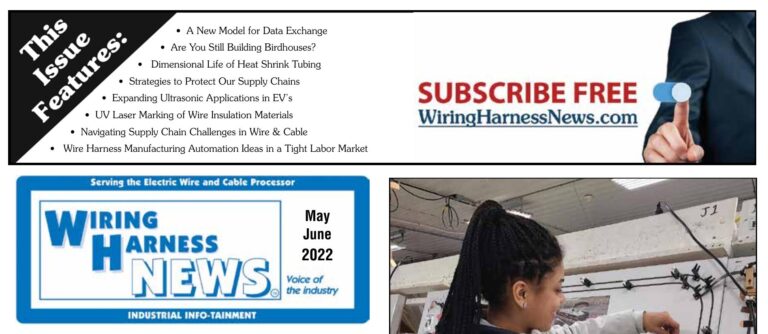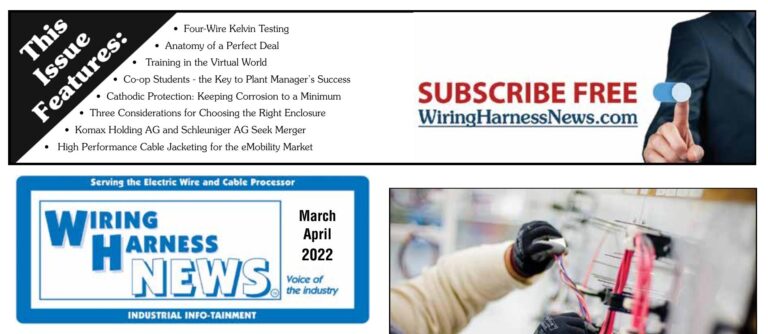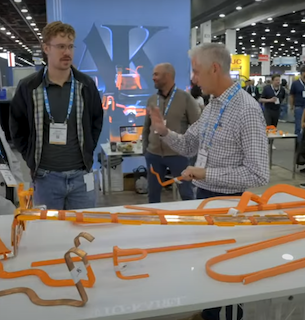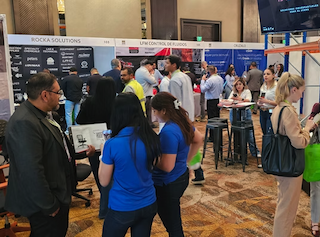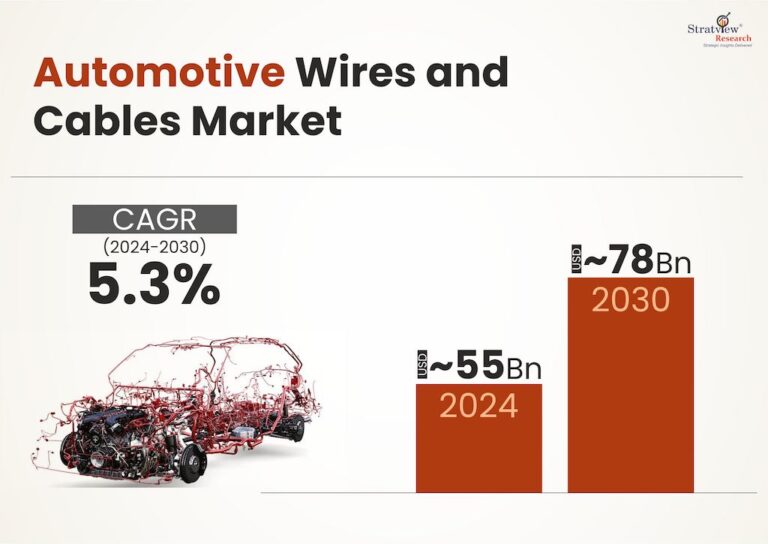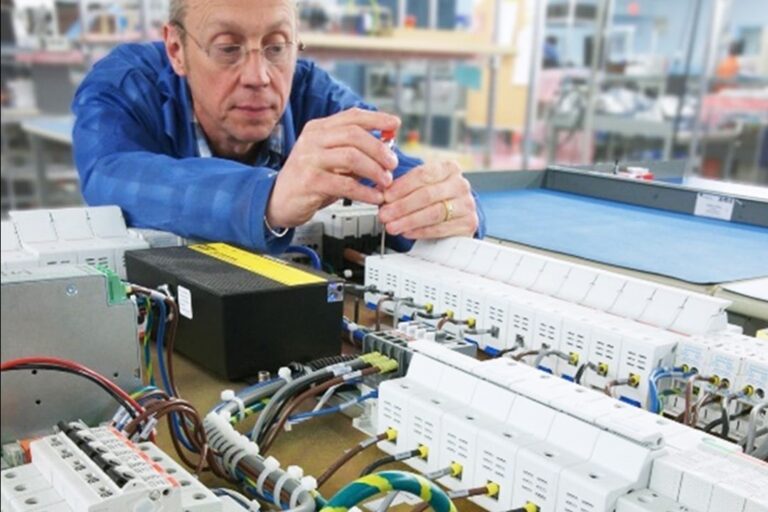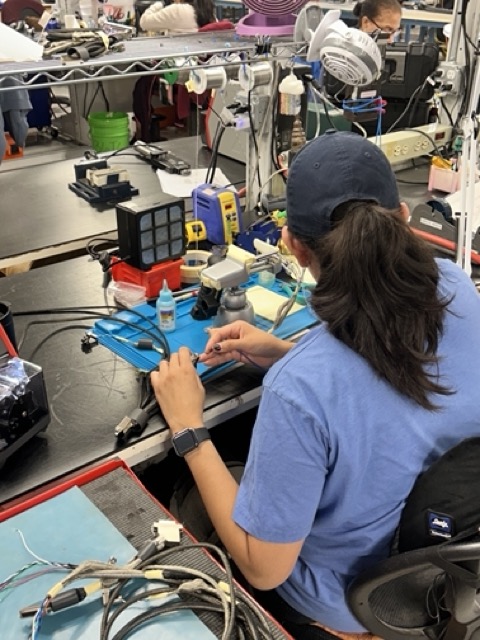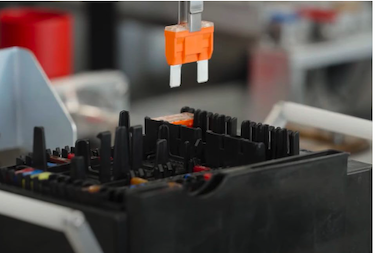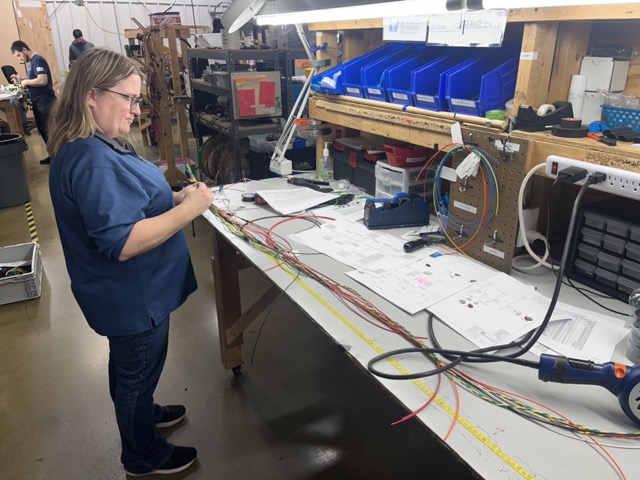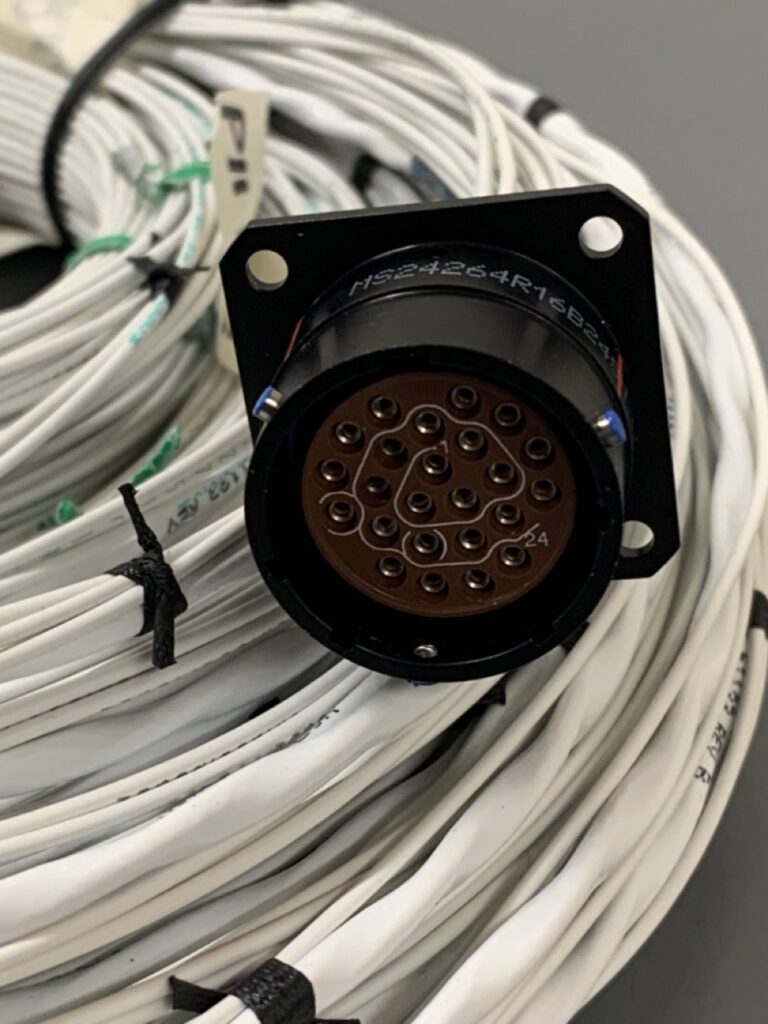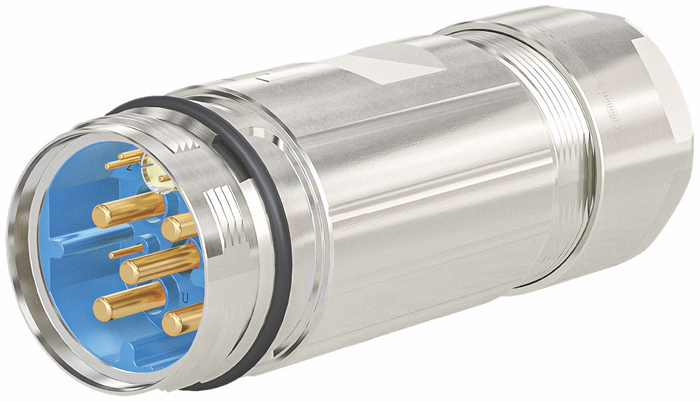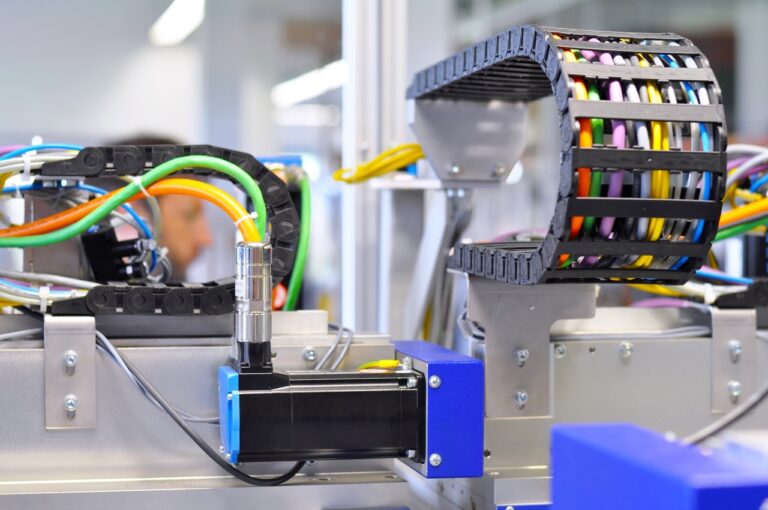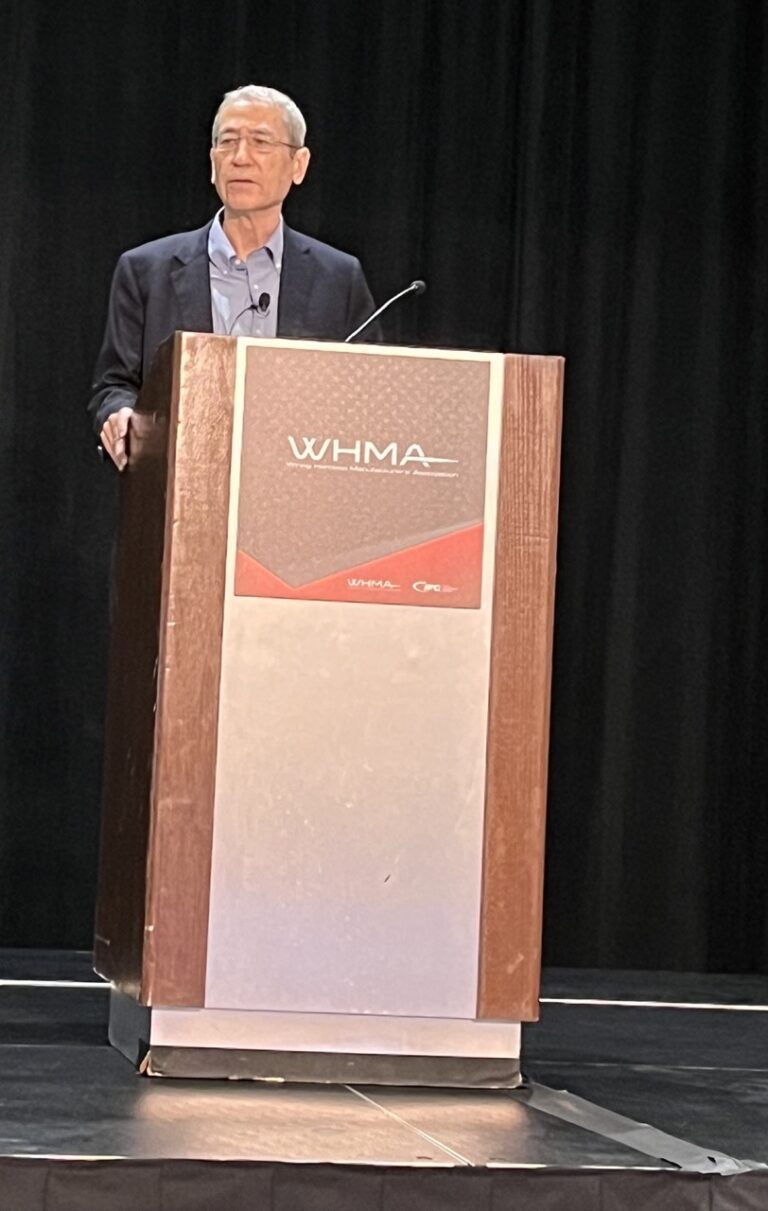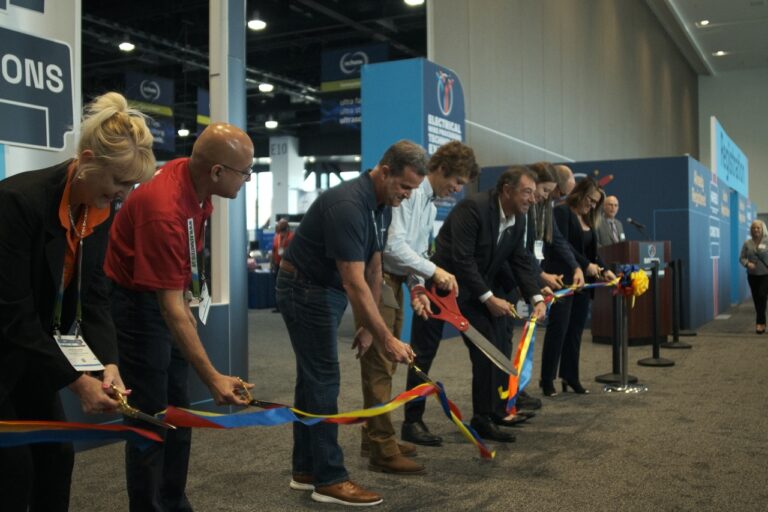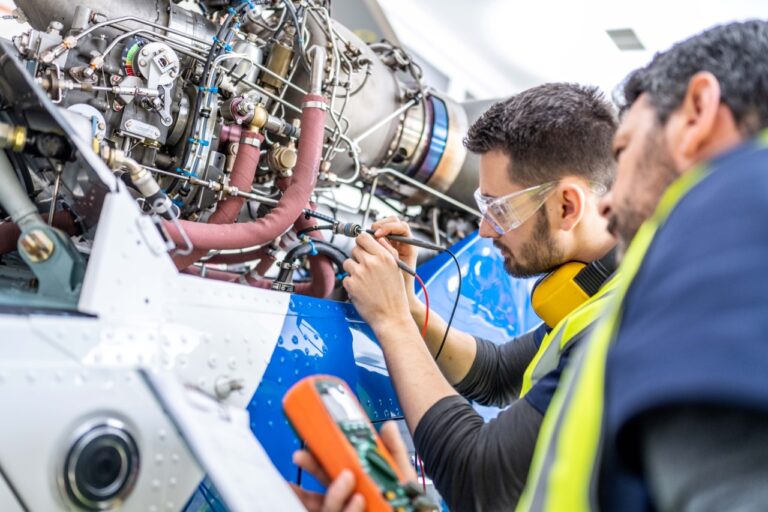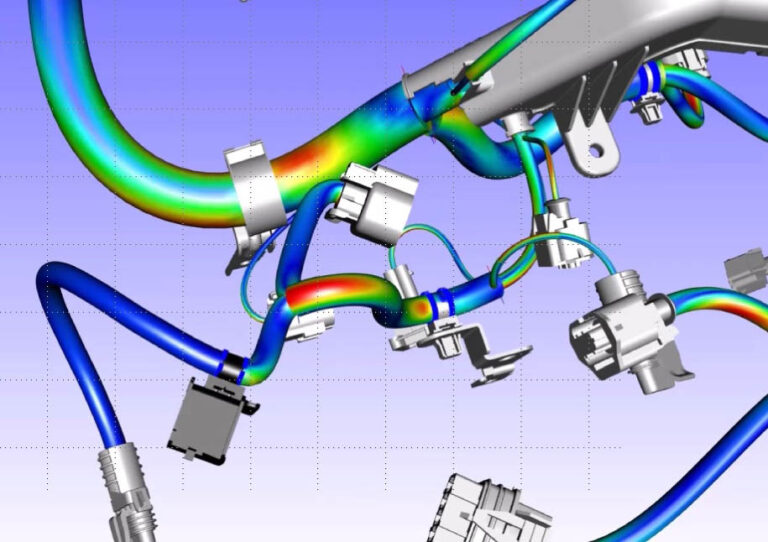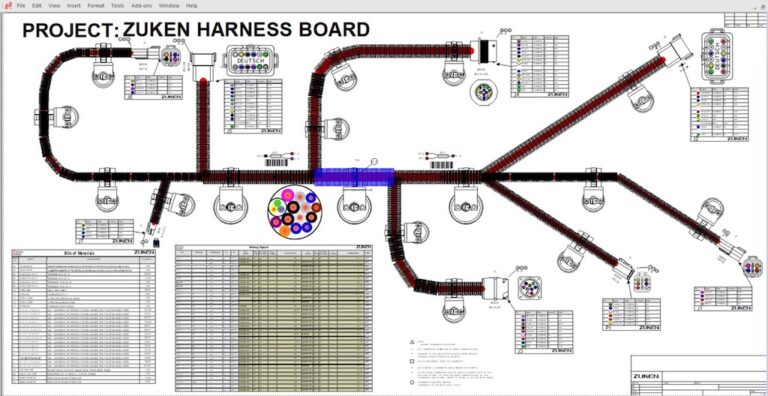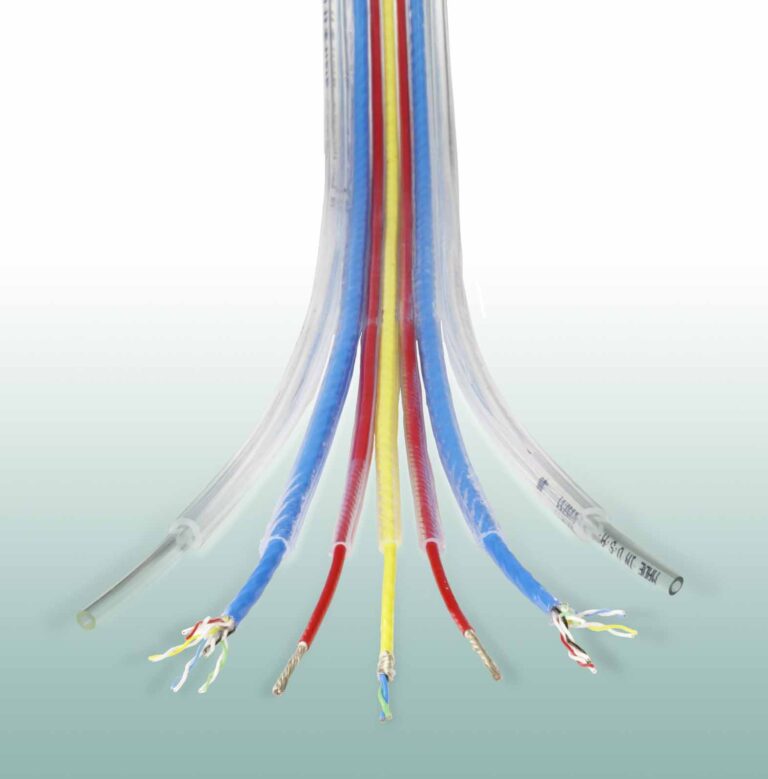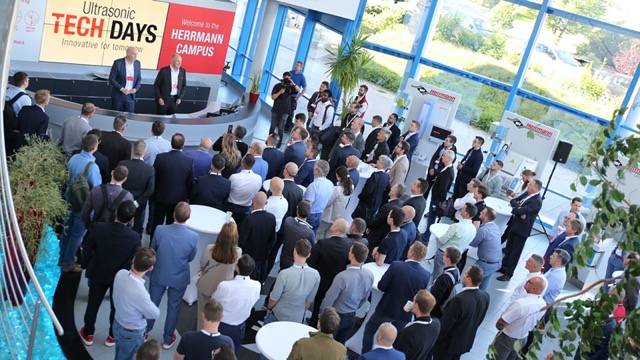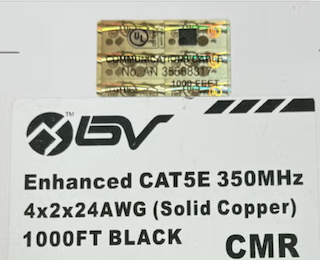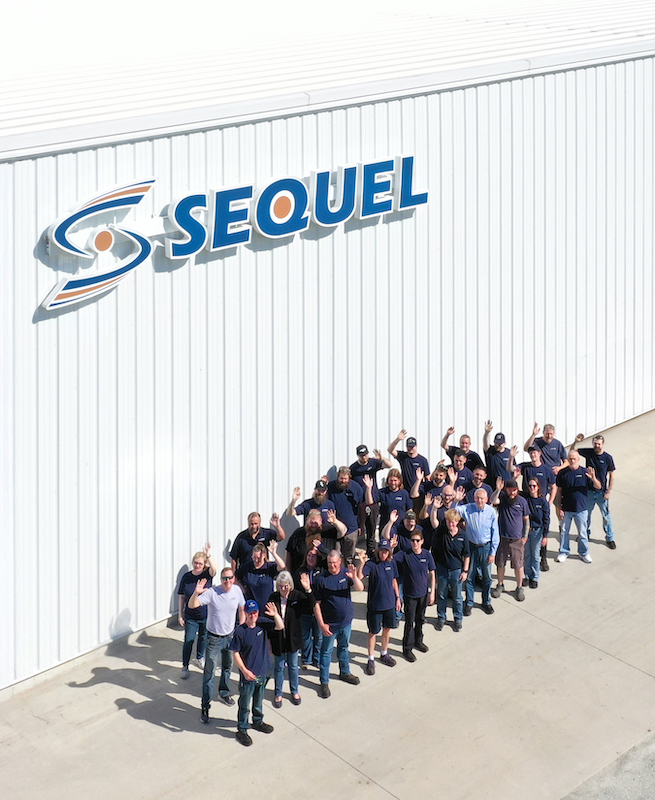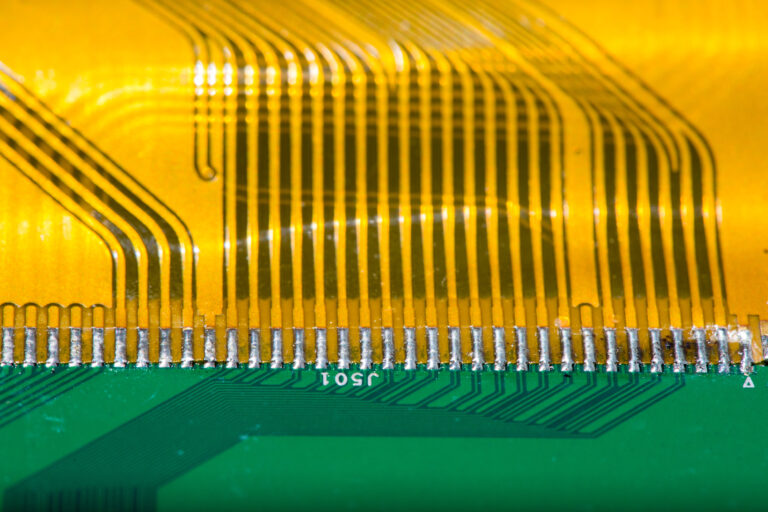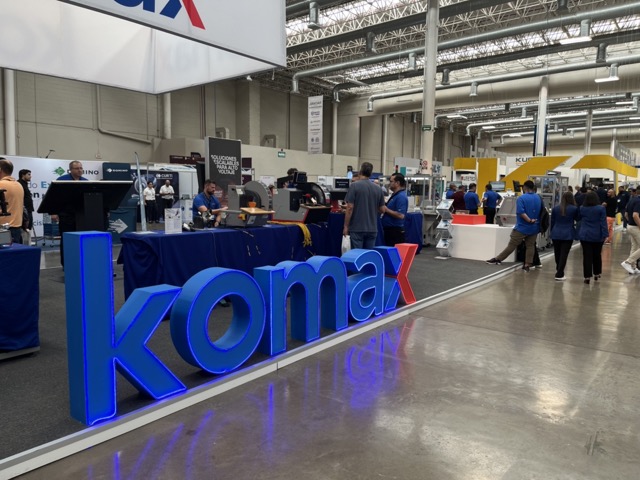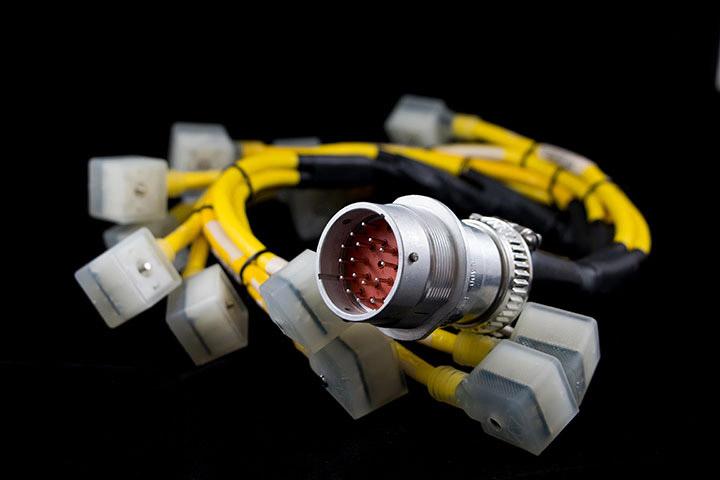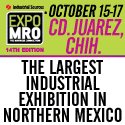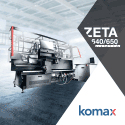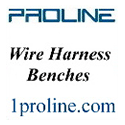RPC Manufacturing: An Unlikely Beginning Becomes a Strategy for Success for This Colorado Manufacturer
RPC Manufacturing Solutions, LLC was founded by Larry Rohs in 2003 in what many would consider to be unlikely circumstances. It has everything to do with Larry’s steadfast nature and abilities as a well-rounded executive. He and his son Brian Rohs told the compelling story to WHN in a recent chat.
Larry’s background was entrepreneurial from the start. His family owned a small metal finishing business in Milwaukee, WI called Barrel Plating Service. Larry’s father was a big believer in Yellow Pages advertising, the internet advertising equivalent of that era. In fact, he did so much in Yellow Pages advertising, he was featured in an advertisement for Yellow Pages and declared the Yellow Pages businessman of the year. Larry’s initial exposure to business was around the dinner table, where he was exposed to all facets of business while hearing the events of the day from his father.
He decided to major in accounting in college and obtained a degree and subsequent CPA license. He entered the business world working for a large accounting firm. His career then migrated from accounting and financial management, to general management, and ultimately to turnaround executive. In that role, Larry accomplished many successful turnarounds, and it became clear that one day he should be running his own company.
In 2003, Larry was brought on board as president of a small Colorado computer company in need of his turnaround skills. “When I arrived,” he recalled, “I looked at the core competencies to determine what we might come up with as a future strategy, and what is now RPC is what I basically came up with.” The company had solid skills at finding suppliers for motherboards for the specialized computers they were putting together. His crew could solder, process wire, and had good electronic assembly skills. With the barriers of entry seemingly low, he set out creating a company that existed on three main pillars: printed circuit board assembly, harness manufacturing, and electronic box builds.
After just six months, Larry and his team were off and running. “It was just coming to a nice ripeness where the sales pipeline was full, production had started, and revenues were coming in,” he said. Then he got the phone call. “The owner of the company told me that she had sold the company, and the new owners were no longer interested in the new strategy.” Since she declared the new owners had no use for Larry or the employees, he picked up the pieces and started RPC Manufacturing. The business had humble beginnings, occupying only a small portion of a large warehouse that stored boats and travel trailers behind RPC’s designated work area.
Larry and his early team chose a baptism-by-fire approach to the new venture. “When we started out, we felt like we needed some credibility, so we went after some of the more complex projects,” he recalled. RPC did some ground support builds for NASA along with some harnesses to support satellites and the robotics industry. “We didn’t have a reputation yet and we felt that going after complex and technical high reliability jobs would give us what we needed.” It did, and the strategy worked out nicely.
That early model of very high mix, very low volume worked out well, but Larry felt that he could enhance his profitability by pursuing projects that were a bit higher in volume. As Brian described, “One of our early customers really took us from wire harnesses to panel/controller builds. The customer was in agricultural equipment, and business was booming for them.” These particular box builds were high in complexity with hundreds of wires per box. Volumes were up to 100 per box and the versions were expanding. “We became very efficient and effective at doing these larger run box builds,” he continued.
RPC progressed from the warehouse space into larger rented spaces until 2013 when they bought their own 11,000 sq. foot facility in Brookfield, CO. Today, they have 30 employees with a little over $4 million in sales with about 70% coming from the mountain states. With a rather eclectic customer base, RPC does have a focus on the oil/gas, industrial goods, and medical industries. As the business grew, Larry’s youngest son Brian joined RPC in 2005, with his other son, Rob, joining the team a few years after.
The build standards at RPC are IPC A-620 for harnesses, A-630 for the panel builds, and A-610 for the printed circuit board assembly side. They are a UL certified shop with an ISO compliant quality system in place.
RPC has made several acquisitions of competing or complementary business including: Peak Contract Manufacturing (surface mount printed circuit board assembly), CVAS (cables and box builds), Quality Assembly and Manufacturing (through hole printed circuit board assembly house). The company continues to seek out acquisition possibilities.
Uniqueness
When asked what makes RPC stand out, Larry mentioned their ability to focus equally on wire harnesses, circuit board assembly and complex box and panel builds. “Other companies with similar manufacturing abilities typically start producing printed circuit boards, then add wire assemblies or box builds as an add-on service available to their customers,” he explained. “We focus equally on all three production capabilities and we consider each to be a core competency with solid equipment and infrastructure to support each.” With design engineer Mats Jansson on board, RPC offers engineering assistance for all three pillars.
While RPCs’ technical abilities are first class, they are equally qualified to run the business with strong financial principals, and a solid understanding of cost structure. “This allows us to win more bids without sacrificing margins, and we believe that producing the most accurate bid is critical to our continued success,” Larry described. He then joked, “Does it sound like a CPA runs this company?”
Larry also cites the friendly approachable nature of RPC as part of their uniqueness. “As a family business, we feel our personal reputations and our business reputation are directly tied together. We run our business with a high degree of ethics and a strong sense of fair play,” he proudly mentioned.
Marketing at RPC
When discussing marketing, the importance of relationships was the predominant theme. RPC has a network of manufacturers reps with whom they have developed a great symbiosis. These firms also represent electronic component manufacturers. As they supply samples to engineers at various companies, they will often bring RPC in for the eventual assembly of new products. “Our feeling is that’s it’s a losing proposition for us to think we are going to take business from our competition, and we don’t really try to do that,” Larry said. “We look for new projects and go after that work because we think that’s a much more productive way to generate new business.”
Vendor relations are another way RPC gains new business. “We work diligently to make sure our relationships with all of our key vendors are very solid,” Larry acknowledged. It’s been a win-win situation for them as he explained, “We take good care of them, pay them on time or early, and they tend to send us referrals.”
It has been Rob’s initiative to make sure RPC invests a fair amount on internet marketing and SEO. From time to time, they also run telemarketing campaigns to support the efforts of the manufacturer reps.
A Look to the Future
When asked about future plans, Larry was quick to mention increased automation as part of their evolving strategy. “This is really something Brian has taken on as an initiative within our company as we move towards automated processes and robotic assembly.” He further explained, “Its tough because most high-volume work quickly goes off-shore, and trying to bring some of that back is like swimming upstream.” He does feel, however, that by becoming more automated and reducing direct labor costs, a lot of that business will come back to US contract manufacturers. “At least lets hope,” he pledged.
Brian capped off the conversation with some optimistic remarks. “In terms of the future, we are coming off our best year in 2017, and we feel we have a lot of momentum going into 2018.” Both gentleman are also optimistic about where US manufacturing is going right now, and about their ability to help customers reach their goals. With 20 % growth year after year, its hard to imagine RPC will change its winning strategy.

